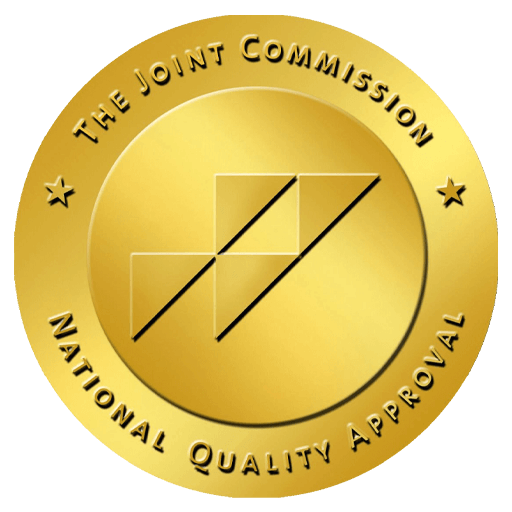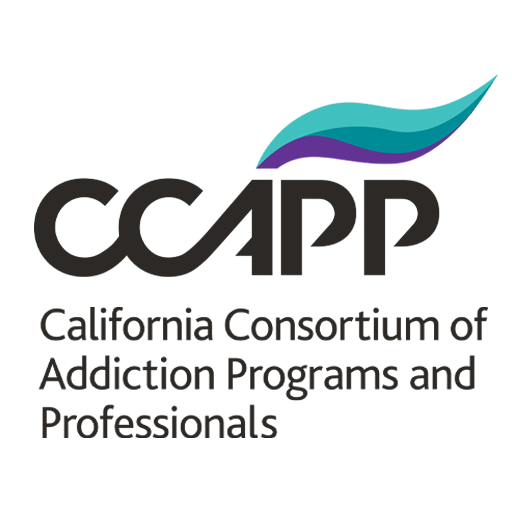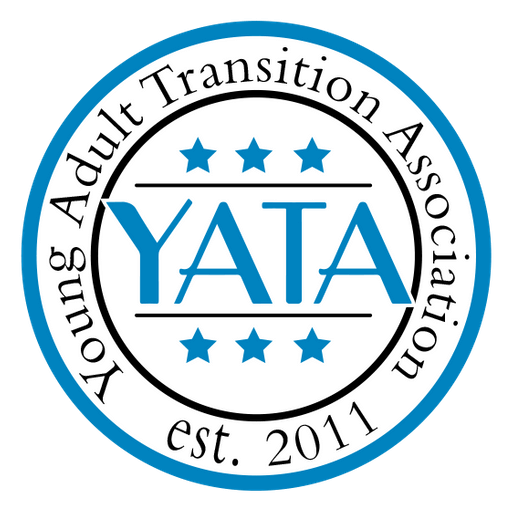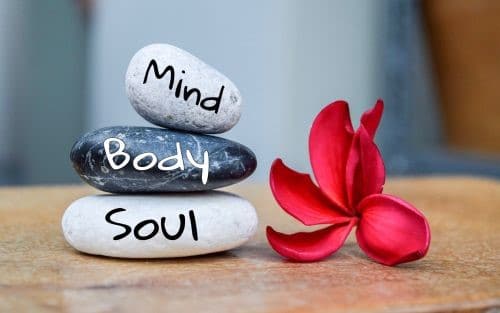The public health crisis, which prompted a sudden life transition and heightened emphasis on hygiene, presents unique challenges for people living with ADHD and OCD. Anxiety, an underlying factor in most mental health conditions, can exacerbate already concerning behavior, especially for those who have hygiene- or health-related OCD. Anxious thoughts — am I washing my hands enough? What if I’m asymptomatic and infect someone vulnerable — are more difficult to push back and can cause further disruption in daily routine with worry and time-consuming rituals.
The good news is that this difficult time will pass, and there are ways you can control your anxiety and manage your underlying mental health condition as you learn to adapt to this new — albeit temporary — normal.
Create a routine and stick to it. Routines structure our day and provide a sense of normalcy. Get up and go to bed at the same time, eat at the same times and practice the basic hygiene you would if you were leaving the house. If you are on medication and have peak times for concentration, schedule your productive activities then.
Beware of time-sucks: If you have a tendency to fixate on things like video games, social media or the news, set boundaries for the time you spend on these activities. Set aside a period once or twice a day for about ten minutes to read news from trusted sources that inform and educate, not alarm, like the World Health Organization or the Centers for Disease Control & Prevention. Resist the urge to Google information on the virus constantly. If friends on social media incessantly post about COVID-19, which is causing anxiety, hide those feeds until the health crisis is over.
If you are a parent of a child with ADHD, carefully select the right time and place for them to learn and remove distractions from the environment to help sustain motivation and attention and prevent burnout, recommends Maggie Sibley, a member of the professional advisory board of the Children and Adults with Attention-Deficit/Hyperactivity Disorder.
Make your home space as one of peace. Open up the shades and the windows to let in light and fresh air. Research has shown that sunlight heightens the production of serotonin, a mood-enhancing chemical in the brain. Natural light also boosts your levels of vitamin D, which is important in immune response. Play soothing music or tunes that energize you. Watch uplifting movies or funny books to buoy your spirits. Keep your residence clean and free of clutter to reduce the visual “noise” you’ll encounter.
Exercise. Physical activity releases proteins that improve brain function, promote healthy sleep and reduce anxiety and depression. If you can’t leave your house to exercise outdoors, take advantage of the many free workout sessions now being offered online.
Use logic. The great news: You actually have a lot of control in this situation. Educate yourself through trusted sources on how to lessen your risks of exposure, but avoid the temptation to learn everything you possibly can about Covid-19. If you are following the Centers for Disease Control and Prevention (CDC) guidelines and staying home, keeping at least six feet apart from others and avoiding touching your face, especially your mouth, nose and eyes, you are taking the most important steps you can to be safe. Resist the urge to add to this list, but if you must, select a person, like a family member or your therapist, to help you determine what would be reasonable.
Experts at Harvard Health recommend you realize that your approach to managing daily life through the pandemic will be different than that of your friends and family because you are drawing upon the skills you have learned to manage your feelings of being anxious and helpless.
Don’t resist behaviors associated with your pre-existing conditions — “float” with them.
If people with OCD try to resist compulsive behaviors like excessive hand washing, it can exacerbate the condition because the ritualistic behavior actually alleviates the anxiety, ADHD expert William Dodson told ADDitude magazine. “Accept that there will be large chunks of your day taken up by rituals and obsessions. Attempt to float through those difficult periods — rather than fight them,” he said.
Reassure yourself that what you are experiencing now — though uncomfortable — is not forever. Practice mindfulness techniques to assist with managing anxiety and compulsions.
Continue to see your therapist. You can likely schedule a session with your health care provider via a telehealth session. If you are feeling overwhelmed by OCD or severe anxiety, look into cognitive behavioral therapy, which has been proven to be effective for helping people manage their pre-existing conditions. Discuss any behavior changes or new OCD symptoms with your therapist, who can help you with techniques to manage these thoughts and behaviors.
In addition to one-on-one therapy sessions, here are other helpful links: International OCD Foundation, Anxiety and Depression Association of America. You can also check the International OCD Foundation’s Resource Directory for therapists.
Do a daily reality check. People with pre-existing mental health conditions have active imaginations that lead them to imagine the worst-case scenarios. Even though they know the thoughts are irrational, they cannot escape. To combat this, do a regular reality check on your situation as it is at the moment: How are you feeling right now, how does that affect your reality, what can you do to change this feeling? That will help you better understand where your thoughts are coming from and give you a sense of empowerment over them.
Benchmark Transitions continues to support our young adult clients with mental health and co-occurring substance use disorders during this health care crisis. We are following CDC guidelines for essential health care facilities and workers and providing our young adults, and their families, with support and healthy engagement while we remain open.[/vc_column_text][/vc_column][/vc_row]













